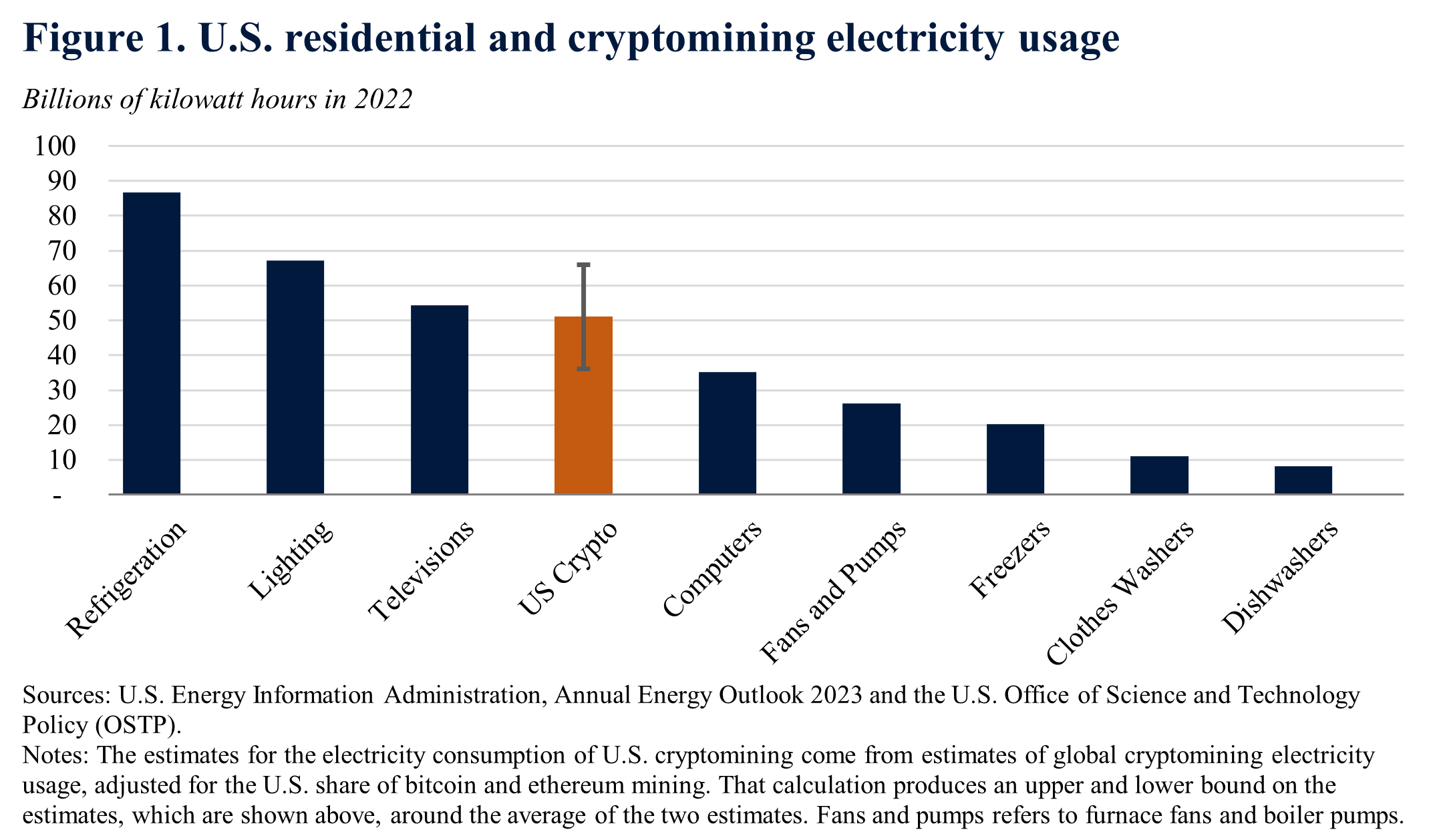The White House's plan to burden the mining industry with high taxes appears to be off the table following a major agreement between President Joe Biden and leading Republicans. This agreement aims to prevent the United States from being unable to repay its debts.
The originally proposed tax plan, called the Digital Assets Mining Energy (DAME) Tax, in early May, intended to impose a 10% tax on the electricity consumption of Bitcoin and other crypto miners starting from 2024. The tax rate was supposed to increase to 30% by 2026. However, with the recent agreement reached regarding the debt ceiling, it seems unlikely that this tax legislation will be implemented.
Mining tax put on hold
The White House wanted to punish those who generate costs for others in both economic and environmental terms. The high energy consumption of cryptocurrency companies has a negative impact on the environment, quality of life, and power grids at the locations of these companies across the country. Therefore, such a disadvantage for the resident mining industry was deemed appropriate.

In recent years, reaching an agreement on the terms of a new ceiling has become increasingly difficult as both sides fail to come to terms. As this year's threshold was reached early in the year, a default by the United States was looming. However, over the weekend, negotiators from both parties finally reached an agreement. This agreement would fully suspend the debt ceiling until 2025. As part of the agreement, the proposed taxes by the White House, including the crypto mining tax (DAME Tax), were removed.
Crypto mining under global scrutiny
Laws like the DAME mining tax are not unique internationally. Critics of crypto mining often criticize its impact on the environment due to the significant energy requirements of the process. The carbon footprint associated with proof-of-work mining contributes to climate change and undermines global sustainability efforts. The original MiCA regulatory framework in the EU even proposed a ban on crypto mining. However, industry representatives emphasize that the environmental impact of crypto mining is often exaggerated. They point out that the industry is increasingly transitioning to renewable energy sources and becoming more efficient each year.
The proof-of-work algorithm enables transaction verification in blockchain networks without the need for a third party, preventing double spending as seen in traditional systems. Network participants must solve specific cryptographic problems to verify the validity of transactions. Miners achieve this by using specialized computers that calculate hashes around the clock. This process requires real resources (computing power and energy), making malicious takeover of the network extremely cost-intensive. Mining is thus considered the foundation of the decentralized monetary system Bitcoin, similar to how gold mining is central to preserving its value.
"The marginal cost of gold mining typically approaches the gold price. Gold mining is a waste, but that waste is far less than the utility of having gold available as a medium of exchange. I think the case will be the same for Bitcoin. The utility of the exchanges made possible by Bitcoin will far exceed the cost of electricity consumed. Therefore, not having Bitcoin would be the waste." - Satoshi Nakamoto, pseudonymous founder of the Bitcoin network in a forum discussion




